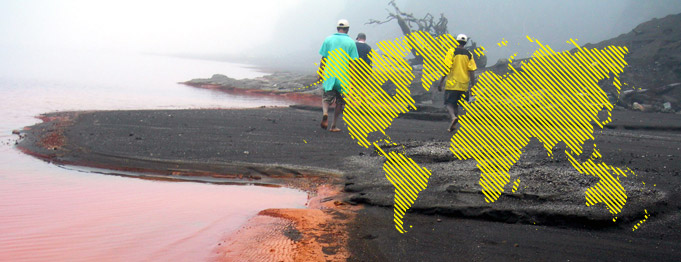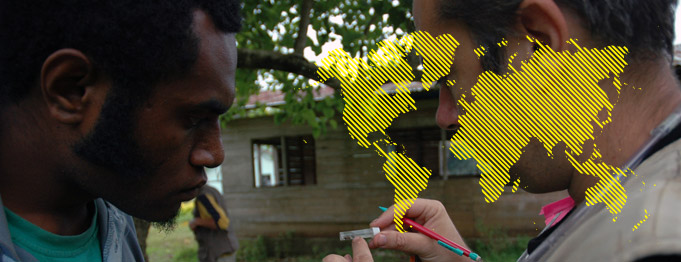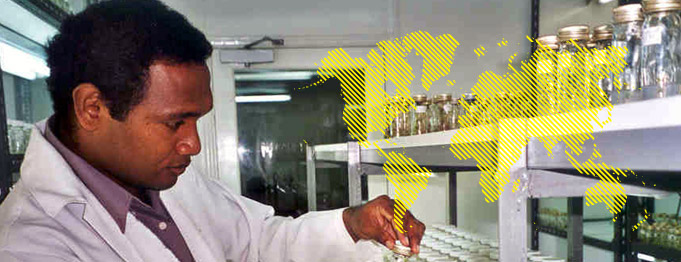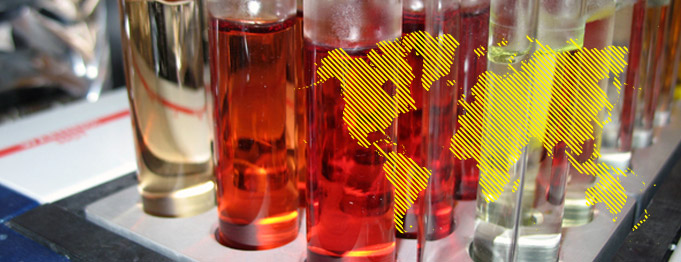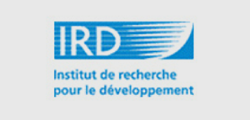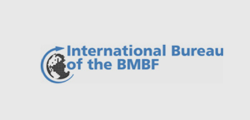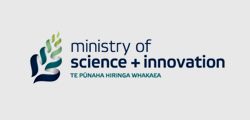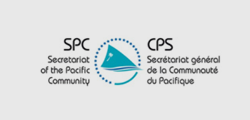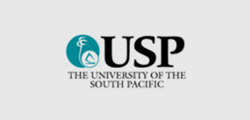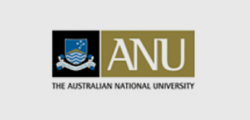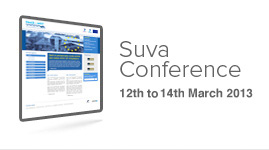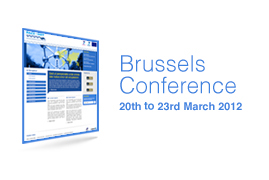The science of a changing world: addressing Pacific issues through the 21st Century
2012 Science Technology and Resources Network (STAR) Conference (First Circular)
The science of a changing world: addressing Pacific issues through the 21st Century
The 2012 STAR Conference will be held in Noumea, New Caledonia from November 3rd to 6th, and hosted by the Secretariat of the Pacific Community (SPC) and L’Institut de Recherche pour le Développement (IRD). As in recent years, there will be a joint session with the Circum Pacific Council. The STAR Conference will immediately precede the 2nd Meeting of the SPC Applied Geoscience and Technology Division (SOPAC Division) and the 42nd Meeting of the SPC Conference of Regional Governments and Administrations (CRGA).
Note that no membership is required to attend the meeting and no conference registration fee is charged.
STAR was founded in 1984 as a vehicle to assist the international research community to provide advice to SOPAC. A strength of STAR has been its ability to mobilise science to address the national needs of Pacific island nations and provide, as an independent and voluntary body, an important scientific and advisory role. SPC has requested the continuation of this relationship following the integration of SPC and SOPAC in January 2011. Thus, as in recent years, STAR’s Programme Monitoring and Evaluation Groups will continue to provide independent commentary on SPC/SOPAC’s work programmes, and all delegates to the STAR conference are invited to attend the SOPAC Division meeting that will follow STAR and contribute their technical expertise to the discussions.
The overall theme of the 2012 STAR Conference, “The science of a changing world: addressing Pacific issues through the 21st Century”, is intended to focus discussion on ways in which Pacific island nations can enhance their development by better linking the understanding of the science of changing natural systems with the necessary ongoing policy and political changes that are taking place both in the region and globally. One objective of this year’s STAR Conference is to broaden the discussion beyond the geoscience theme into other fields which are of interest to Pacific nations, such as resources and environmental issues. Thus, papers on any theme related to Pacific science in the SPC/ SOPAC region (for example, oceanography and meteorology, energy, minerals, natural hazards, coastal environments, agriculture and forestry, fisheries and aquaculture, biotechnology, health and social sciences) are welcomed and will be considered for inclusion in the STAR Programme.
Delegates are also invited to participate in the STAR Working Groups which allow discussion of specialist topics and issues important to the region. Come and network with island nations and Pacific Basin scientists, and participate in the exciting new developments taking place in the region.
Further details of the meeting and facilities, registration forms, and the date for the submission of abstracts for oral and poster presentations will be advised later and posted on the SPC/SOPAC website (http://www.sopac.org/). In the meantime, we would be grateful if you could bring this notice to colleagues who might not be on the STAR e-mailing list.
John Collen Chair Science, Technology and Resources Network Email: john.collen@vuw.ac.nz; tel.: +64 4 4635071
Bernard Pelletier Vice-Chair Science, Technology and Resources Network Email: Bernard.pelletier@ird.fr; tel.: +687 260772


